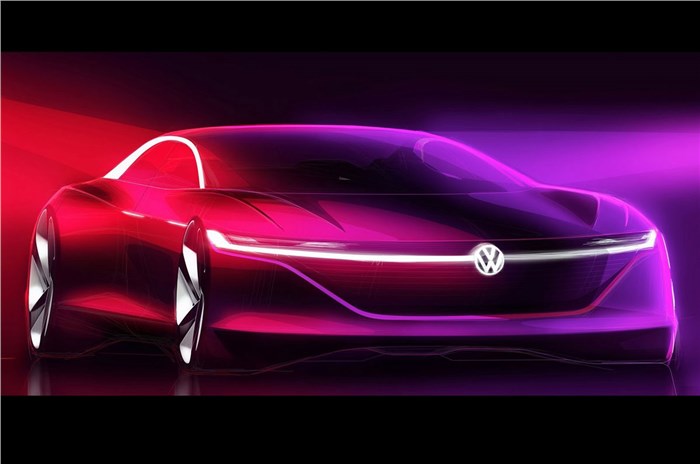On March 4, Volkswagen greenlit the construction on its new ~$2 billion Trinity factory as Group’s Supervisory Board passed a resolution. Chairman of General and Group Works Councils, Daniela Cavallo said, “Today’s decision marks a historic moment for Wolfsburg. The very roots of our company remain the Group’s powerhouse and become even more important,” The construction of the factory is to start as early as Spring 2023.

Volkswagen plans to start the construction of its new manufacturing facility as early as Spring 2023. The new factory will produce VW’s all-electric sports sedan, called Trinity, which is expected to roll off the assembly line by 2026. Furthermore, the Trinity Project promises to catapult Volkswagen into the future, giving it the capability to compete with the likes of new car manufacturers like Tesla. After Elon Musk appeared at VW’s 2021 Leadership Summit in Alpbach, Volkswagen Chairman Herbert Diess observed that Trinity could help the company compete against Tesla’s Gigafactory Berlin in Grünheide.
“Trinity is a sort of crystallization point for our Accelerate strategy, a lighthouse project, our software dream car,” says Ralf Brandstätter, CEO of the Volkswagen brand. The newly developed vehicle architecture will set standards in terms of range, charging speed (“charging as fast as refueling”), and digitalization.
Autonomous driving
In addition, Trinity will make autonomous driving in the volume segment possible for many people. By the planned start of series production in 2026, Trinity will already reach Level 2+ and be technically ready for Level 4. “We are using our economies of scale to make autonomous driving available to many people and to build a learning neural network. In this way, we are creating the conditions for the continuous exchange of data from our vehicle fleet – for example, on the traffic situation, on obstacles, or on accidents,” says Ralf Brandstätter. Trinity thus gives people time and saves them stress. After a long highway trip, you arrive at your destination relaxed. Because you have been driven by a chauffeur to your vacation or to your home after work. “Trinity, therefore, becomes a kind of ‘time machine’ for our customers,” says Ralf Brandstätter.
With the production of the series version, the Wolfsburg plant will become a showcase for state-of-the-art, intelligent, and fully networked production processes. “We will completely rethink the way we build cars and introduce revolutionary approaches. Digitalization, automation, and lightweight construction play an important role here,” says Ralf Brandstätter. Volkswagen adds that future vehicle models such as Trinity will be produced with considerably fewer variants, and the hardware will be largely standardized. The cars will then have virtually everything on board and customers will be able to activate desired functions “on-demand” at any time via the digital ecosystem in the car. This will significantly reduce complexity in production.
Credits- Volkswagen Newsroom











